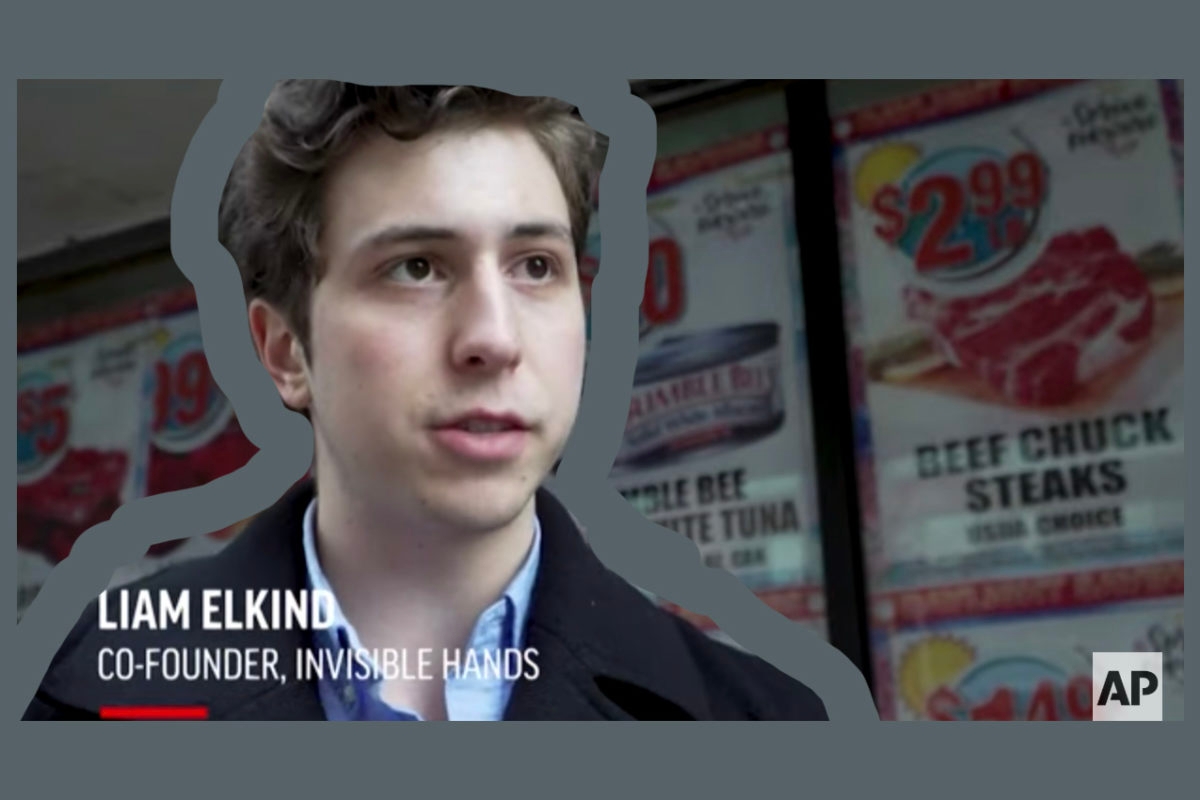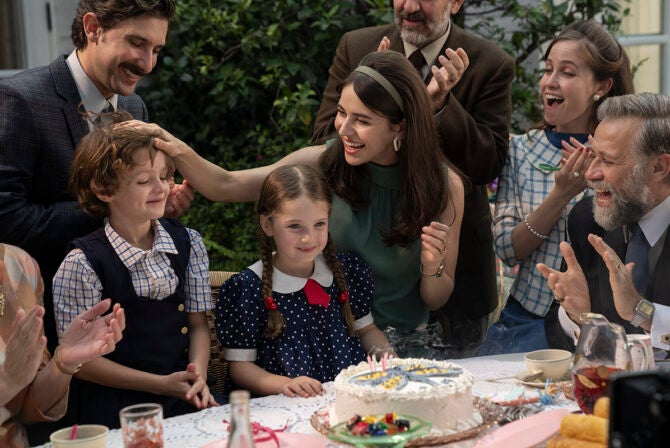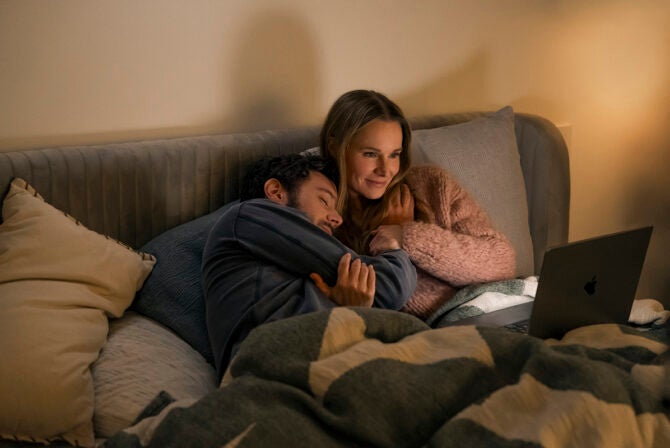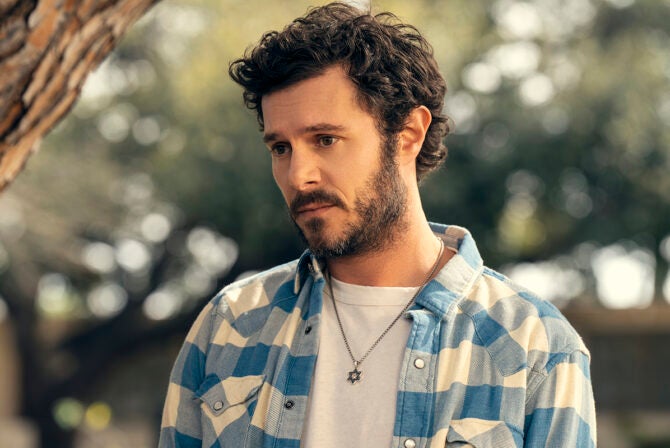As news that the coronavirus (COVID-19) outbreak could keep many of us at home for the next weeks and months got out, many of us rushed to the grocery store to stock up our fridges and pantries. But going to the grocery store is actually incredibly dangerous for those who need those groceries the most — the elderly and immunocompromised, for whom the coronavirus is especially deadly.
Luckily, two amazing youngsters are working to help their elderly neighbors stock up on what they need — without having to leave the house. Liam Elkind, a Jewish 20-year-old, and his friend, Simone Policano, have recruited more than 2,700 volunteers to deliver groceries to those in need in New York and parts of New Jersey.
Their organization is called Invisible Hands, and on their web site you can volunteer to deliver groceries and medicine and, if you are a person in need, you can request deliveries.
“We call ourselves invisible hands because, unfortunately, given what is known about COVID-19 we want to minimize as much direct contact in our deliveries as possible,” their website says.
But that doesn’t mean that their approach is cold and clinical: “You will talk on the phone with your volunteer and you can tell each other a little about yourselves! In this incredibly isolating time we’re happy to provide you a connection.”
Here’s how it works: Those in need fill out a form on the website, and then they are connected with a volunteer who calls them and arranges the logistics of the grocery or medicine run. The volunteer picks up the items (all volunteers wear gloves and follow CDC guidelines when it comes to social distancing) and drops them at the person’s door.
Sometimes they even stop to chat — at safe distance.
“These are the most vulnerable members of our community and we want to make sure we’re keeping them safe,” Elkind told Good Morning America.
Elkind, a sophomore at Yale, is the son of a doctor — so he has a sense of what it’s like for those on the front lines of this pandemic. “I figured, OK, I can go buy some groceries. That I can do,” he told the AP.
“It’s gone from extremely casual to extremely operational very quickly,” Elkind told the AP. “This is one of those times when I remember that New York is such a small town, and people are willing to look out for one another and have each other’s back.”
Through the project, Elkind himself was connected with a fellow congregant at New York’s Stephen Wise Synagogue: 83-year-old Carol Sterling, a retired arts administrator. Sterling, a widow who lives far from her two children, was supposed to go on a trip to Vietnam and Bali for an educational workshop about puppetry.
Instead, as the virus spread, she wound up lonely stuck at home, trying to busy herself with online classes over “something called Zoom, which I had never heard of.”
So she reached out to Invisible Hands. Elkind dropped off groceries at her door: oranges and salad mix-ins. As the AP wrote, it was a moment of “tikkun olam” — the Jewish value of repairing the world. Not only did Elkind provide her with much-needed groceries and help protect her from getting coronavirus, the two also became friends, giving Sterling a much needed social break in the lonely world many of us have found ourselves in amidst this outbreak.
“People are scared, and people are lonely,” Elkind, who is pretty much the definition of a mensch, said. “We’re all so separated, and one of the things we need is that social cohesiveness. This is one opportunity to get them that social connection they’re looking for.”
“It’s neighbor to neighbor,” Sterling said about Invisible Hands. “A crisis like this often brings out the very best.”
It’s definitely brought out the very best in Elkind. We’re grateful to this amazing young man, and the many volunteers who help him. They really give us something to kvell about in these complicated times.
Image via AP YouTube








